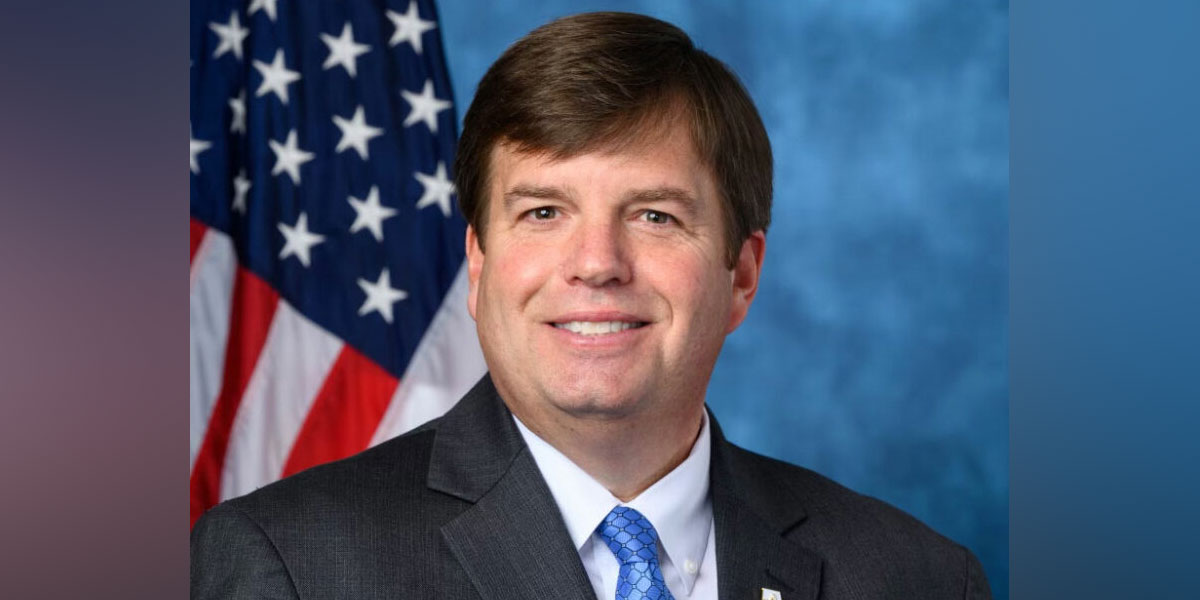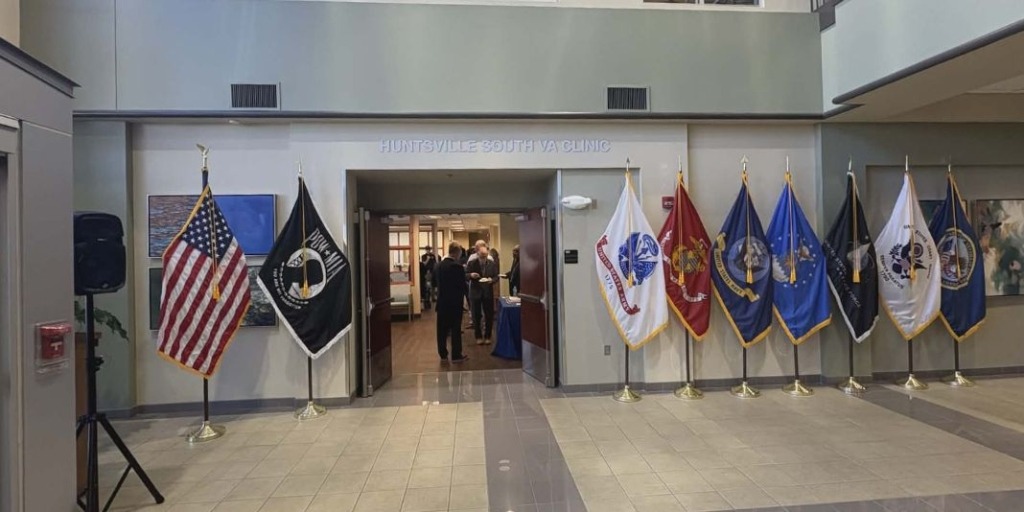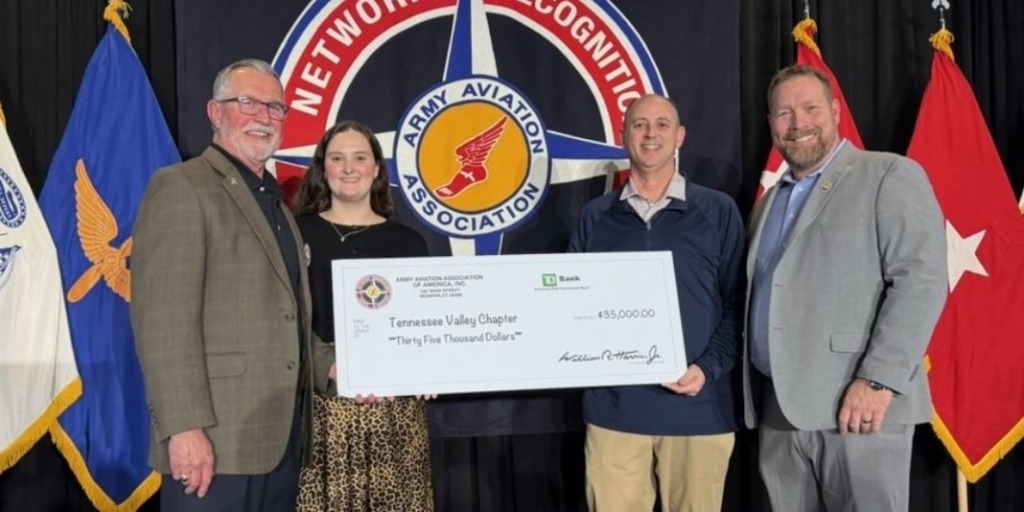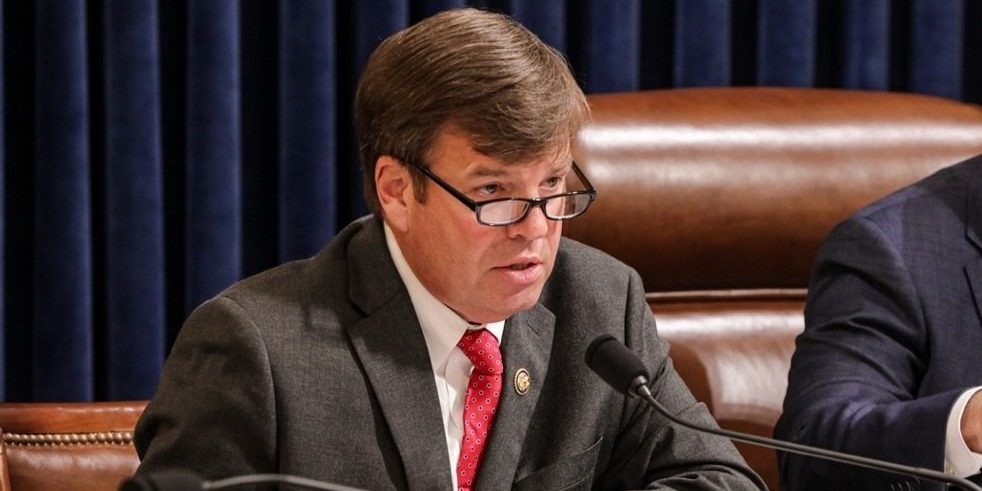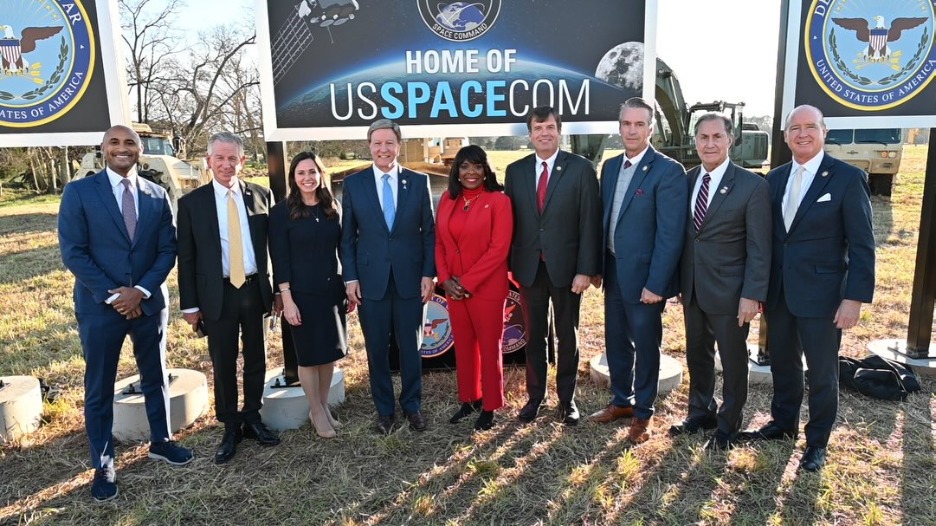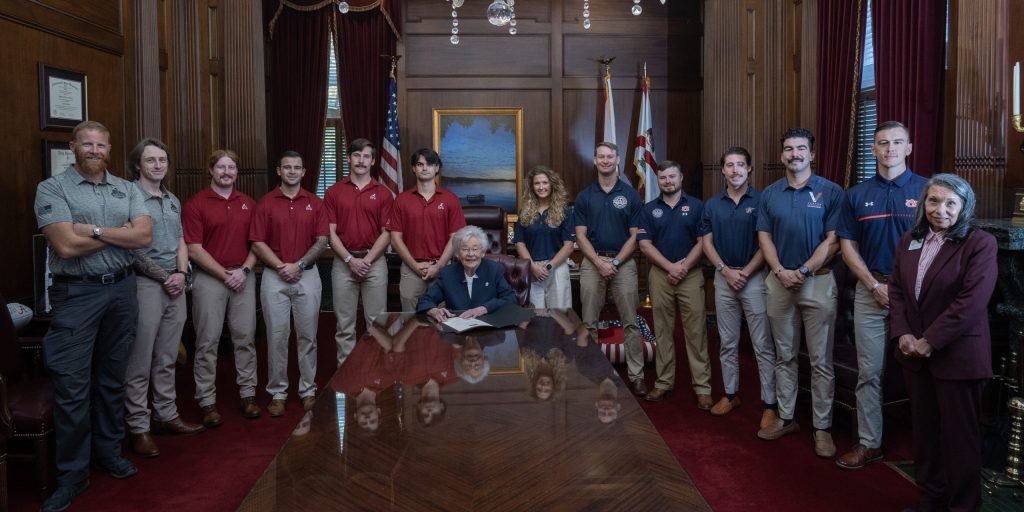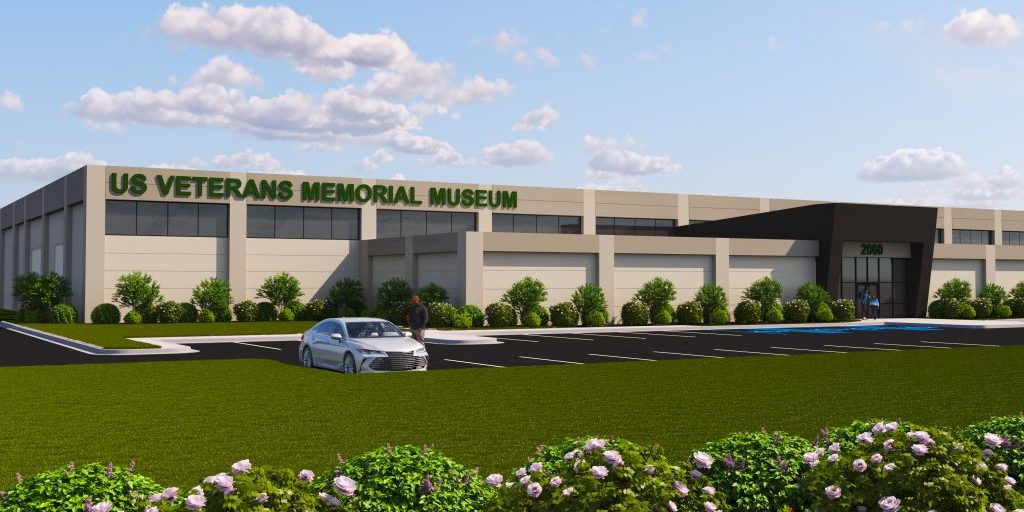WASHINGTON — Veterans across North Alabama travel to Birmingham daily for treatment and medical care at the Veterans Affairs hospital there.
For their travel expenses, veterans can be reimbursed through the department’s Beneficiary Travel Self-Service System, a web-based program.
Recently, however, there have been complaints about the efficiency and glitches in the system.
Reviews from the Department of Veterans Affairs Office of Inspector General and Government Accountability Office have found significant issues with the system that have complicated the travel reimbursement process for veterans nationwide.
Some of those complaints have reached the office of U.S. Rep. Dale Strong, who wrote VA Secretary Denis R. McDonough to express concern about the program.
“Over the past eighteen months, my office has received countless complaints about the BTSSS and requests for assistance to navigate the VA’s reimbursement bureaucracy,” Strong (R-Monrovia) wrote. “These concerns include technical glitches and usability issues, processing delays, and the discouragement of paper claims, among other things.”
Almost 9.8%, or nearly 57,200 residents of the population of Alabama’s Fifth Congressional District have veterans status, a higher rate than Alabama at large and the majority of congressional districts nationwide.
Since the nearest VA hospital for North Alabama is in Birmingham, veterans in Strong’s district rely on the program to reimburse their travel.
“While North Alabama has four VA clinics and several quality hospital systems and medical providers, the closest VA hospital is in Birmingham, a three- to six-hour round trip for the almost 57,200 veterans I represent,” he wrote.
“This report (May 2024 GAO report, ‘Additional Assessment of Mileage Reimbursement Data and Veterans’ Travel Costs Needed,’) highlights that the Veterans’ Health Agency is not accurately tracking the total cost of veterans’ travel to VA appointments, which could assist with further program evaluation and help inform future VA decisions regarding resource allocation and expanding options for community care, which in turn would help alleviate the need to use BTSSS so frequently.”
In the letter, Strong requested McDonough’s response to three questions:
- Does the VA plan to implement the four recommendations made in the May 2024 GAO report?
- How does the VA plan to address system bugs and processing delays within the BTSSS to ensure that all veterans, regardless of their preferred submission method, receive timely reimbursements?
- What plans exist to expand resources and options for care available to veterans in Alabama’s Fifth Congressional District?
“I appreciate your attention to this important matter and look forward to your prompt response,” Strong wrote. “Our veterans deserve a system that works efficiently and reliably, and I am eager to work with your office to achieve this goal.”


